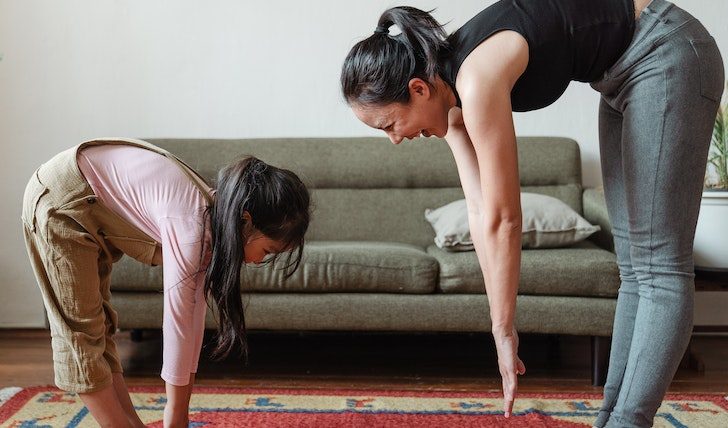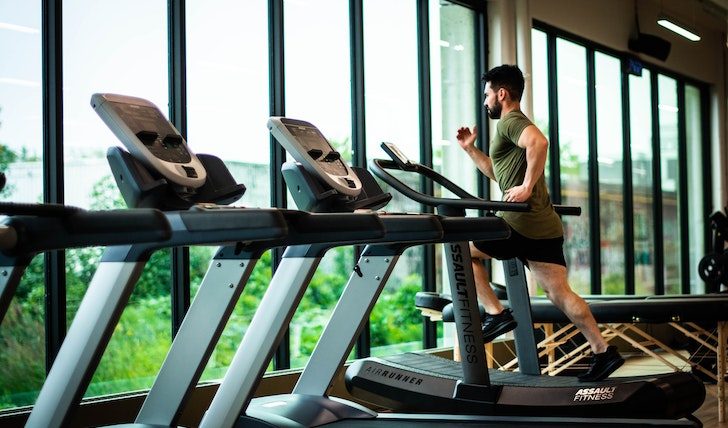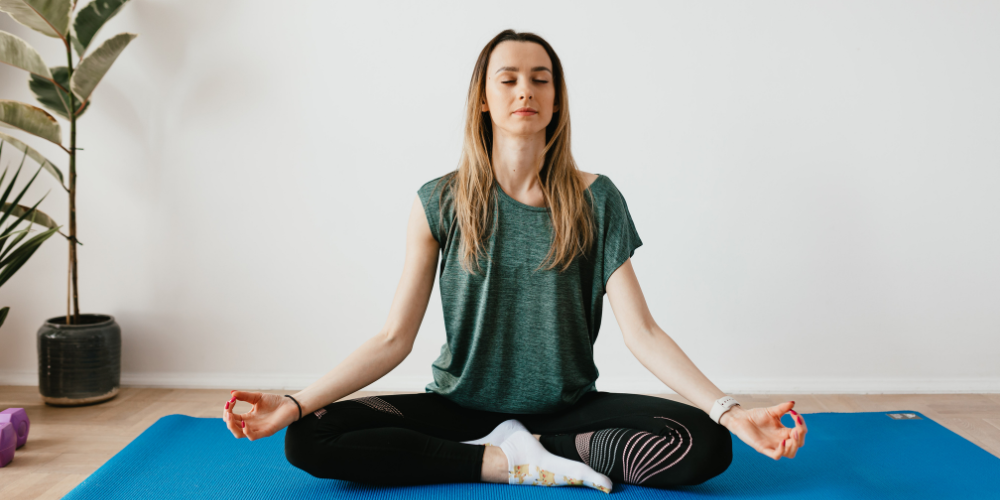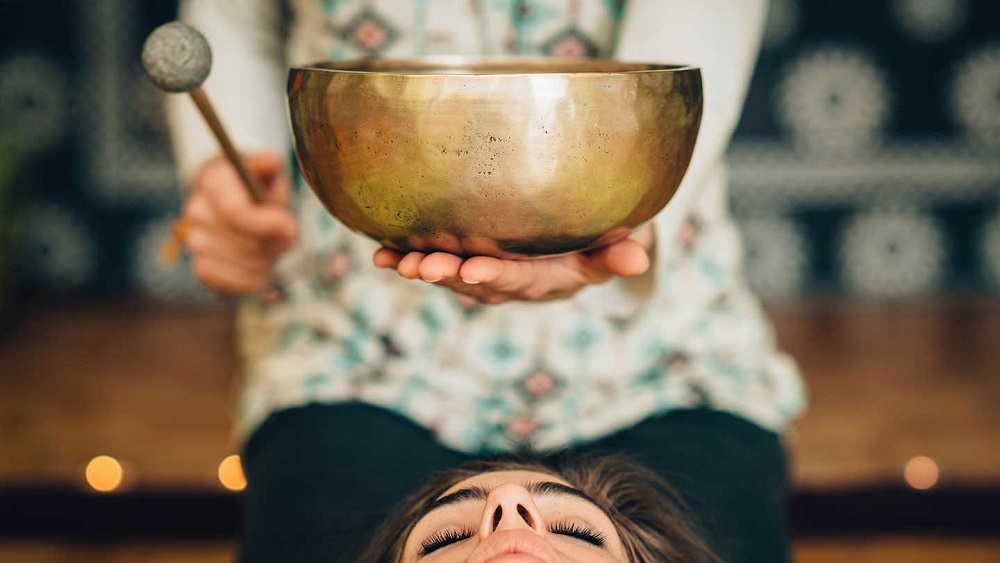Anxiety, a state of fear and apprehension, often affects many individuals worldwide. While therapy and medication are useful for treating anxiety, there are also natural remedies that can help alleviate the condition. One of those remedies is exercise.
Exercise has been proven to help diminish anxiety symptoms and is a fantastic way to maintain overall health. Now, let’s go ahead and explore some effective tips on how to overcome anxiety through exercise.

Ketut / Pexels / There are certain gentle workouts that can help you overcome stress and anxiety.
Enhance Brain Plasticity
When you exercise, your brain releases dopamine. In turn, this helps you improve your mood, motivation, and feelings of pleasure. Exercise also promotes neuroplasticity. This means it expands your brain's capacity to adapt to new experiences and environments.
As you work out, your brain starts to develop new neural connections and pathways, changing how different parts of your brain communicate. This assists with improving focus, concentration, and memory, all of which can reduce anxiety symptoms.
Improves Insomnia
Insomnia can become a significant issue when living with anxiety. Exercise is the perfect remedy to help you sleep at night when your mind is active. When you participate in cardiovascular exercise, your body temperature rises, and your cortisol levels decrease.
These physiological changes assist with promoting relaxation. In turn, this improves your sleep pattern.

William / Pexels / As you work out, your brain releases dopamine. Something that makes you feel good about yourself.
Lowers Cortisol
Cortisol is known as the primary stress hormone in the body. When cortisol levels are excessively high, it contributes to feelings of anxiety, stress, and an inability to focus. Exercise is an excellent way to decrease cortisol levels.
When you participate in exercise, especially cardiovascular exercise, this can increase the cortisol levels in the blood for a short period. However, after exercise, cortisol levels decrease, and this is especially beneficial for those diagnosed with anxiety.
Increases Self-esteem
Individuals diagnosed with anxiety tend to have low self-esteem. When you exercise, it improves self-esteem, and as you accomplish different milestones, you get a sense of satisfaction that lifts your mood.
For example, if you do squats, the satisfaction of completing one rep motivates you to do more reps, and over time, it helps to increase your self-esteem.

Kampus / Pexels / As you work out - no matter how small the activity - it helps lower cortisol, the primary stress hormone.
Helps Regulate Serotonin
Serotonin, a neurotransmitter, is responsible for regulating mood, appetite and sleep. Individuals diagnosed with anxiety disorder tend to have low serotonin levels. Exercise is one way to regulate serotonin levels.
High-impact activities such as running, cycling, or dancing can cause your brain to release endorphins. These are responsible for increasing the amount of serotonin in the body. In turn, this increase helps to reduce anxiety symptoms.
Improves Social Interaction
Exercise provides excellent opportunities for social interaction, which benefits someone living with anxiety. Yoga classes, running clubs, or sports games are all great ways to meet new people and reduce feelings of isolation. Thus, socializing can help with overcoming negative thoughts and provide you with a support network.















